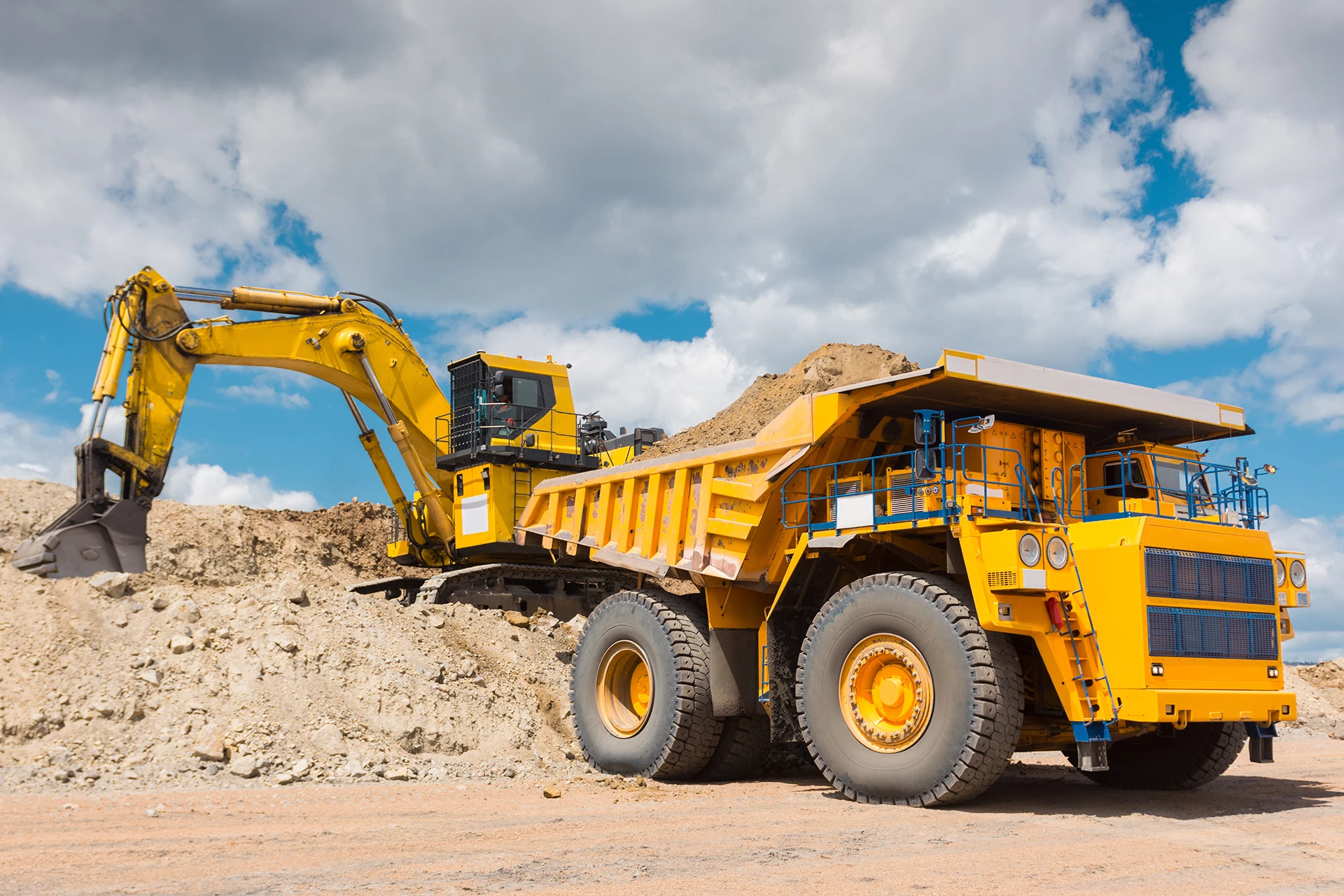Discover the Best Rental Company Near Me for Equipment
Discover the Best Rental Company Near Me for Equipment
Blog Article
Renting Vs. Purchasing Construction Tools: Making the Right Selection for Your Task
When embarking on a building project, one of the vital choices that predict supervisors and stakeholders encounter is whether to buy or lease building and construction equipment. The choice pivots on numerous elements such as price factors to consider, project duration, equipment upkeep, threat, scalability, and adaptability monitoring.
Cost Factors To Consider
Renting out tools typically calls for reduced first payments compared to acquiring, making it an eye-catching choice for temporary projects or contractors with budget plan constraints. In the long run, continuously renting tools can build up greater prices than purchasing, particularly for extended projects.
On the other hand, purchasing construction devices entails higher ahead of time prices but can lead to long-lasting cost savings, specifically for constant individuals or lasting tasks. Possessing equipment offers versatility, benefit, and the possibility for resale value once the task is finished. Additionally, having tools permits customization and familiarity with certain equipment, possibly boosting effectiveness and productivity on-site. Inevitably, the choice in between acquiring and renting construction tools depends upon the project's duration, frequency of use, budget plan factors to consider, and long-lasting financial goals.
Project Period

On the other hand, for long-term projects or ongoing building and construction work, purchasing tools can be the more cost-effective alternative. Acquiring equipment can result in cost savings in the lengthy run, especially if the tools will certainly be often utilized. In addition, possessing devices offers a feeling of control over its accessibility and enables modification to fit particular project requirements.

Tools Upkeep
Provided the critical role task period plays in identifying the most cost-efficient technique in between renting out and getting building equipment, the focus now changes towards checking out the crucial facet of devices maintenance. On the other hand, owning tools calls for a positive technique to maintenance to avoid break downs, guarantee security, and expand the equipment's life expectancy. Eventually, a well-maintained construction tools fleet, whether rented or had, is necessary for the efficient and effective completion of construction jobs.
Flexibility and Scalability
In the world of construction devices management, the facet of flexibility and scalability holds significant importance for job performance and source usage. Deciding to rent out construction equipment provides a high level of flexibility as it permits the quick adjustment of devices types and amounts based on the evolving needs of a project. Renting makes it possible for professionals to access a variety of specialized equipment that might be needed for certain jobs without the long-term commitment of possession. This versatility is particularly helpful for jobs with varying needs or unpredictable durations (aerial lift rental).
Moreover, scalability, an additional crucial aspect, is naturally linked to versatility. Renting out construction devices supplies the advantage of easily scaling procedures up or down as task demands vary. Service providers can rapidly include or exchange tools to match the task's transforming demands without the restrictions of having properties that might become underutilized or outdated. This ability to range resources effectively can lead to expense financial savings and boosted job timelines, making renting a beneficial choice for projects requiring flexibility and receptive resource allotment.
Danger Management
Reliable danger management in building tools procedures is vital to guaranteeing project success and mitigating possible financial losses. Construction projects inherently include different threats, such equipment rental company as tools break downs, mishaps, and task hold-ups, which can substantially affect the project timeline and spending plan. By meticulously thinking about the threats connected with owning or renting construction equipment, job managers can make enlightened decisions to decrease these prospective risks.
Renting out building and construction devices can use a level of threat reduction by moving the duty of repair and maintenance to the rental firm. This can reduce the financial worry on the job owner in case of unforeseen tools failings (mini excavator rental). Furthermore, leasing offers the versatility to accessibility specific equipment for particular job phases, minimizing the risk of owning underutilized machinery
On the other hand, having construction devices provides a sense of control over its usage and maintenance. Nevertheless, this additionally suggests birthing the full duty for repair services, maintenance costs, and depreciation, raising the monetary dangers connected with equipment possession. Careful threat evaluation and factor to consider of elements such as project duration, equipment application, and maintenance requirements are crucial in determining the most ideal alternative for effective threat monitoring in building jobs.
Conclusion
In verdict, when deciding between acquiring and leasing construction equipment, it is vital to think about price, task duration, tools upkeep, versatility, threat, and scalability management. Each aspect plays a crucial function in identifying the most suitable choice for the task available. By meticulously reviewing these aspects, job managers can make an informed decision that aligns with their budget plan, timeline, and overall project goals.

Report this page